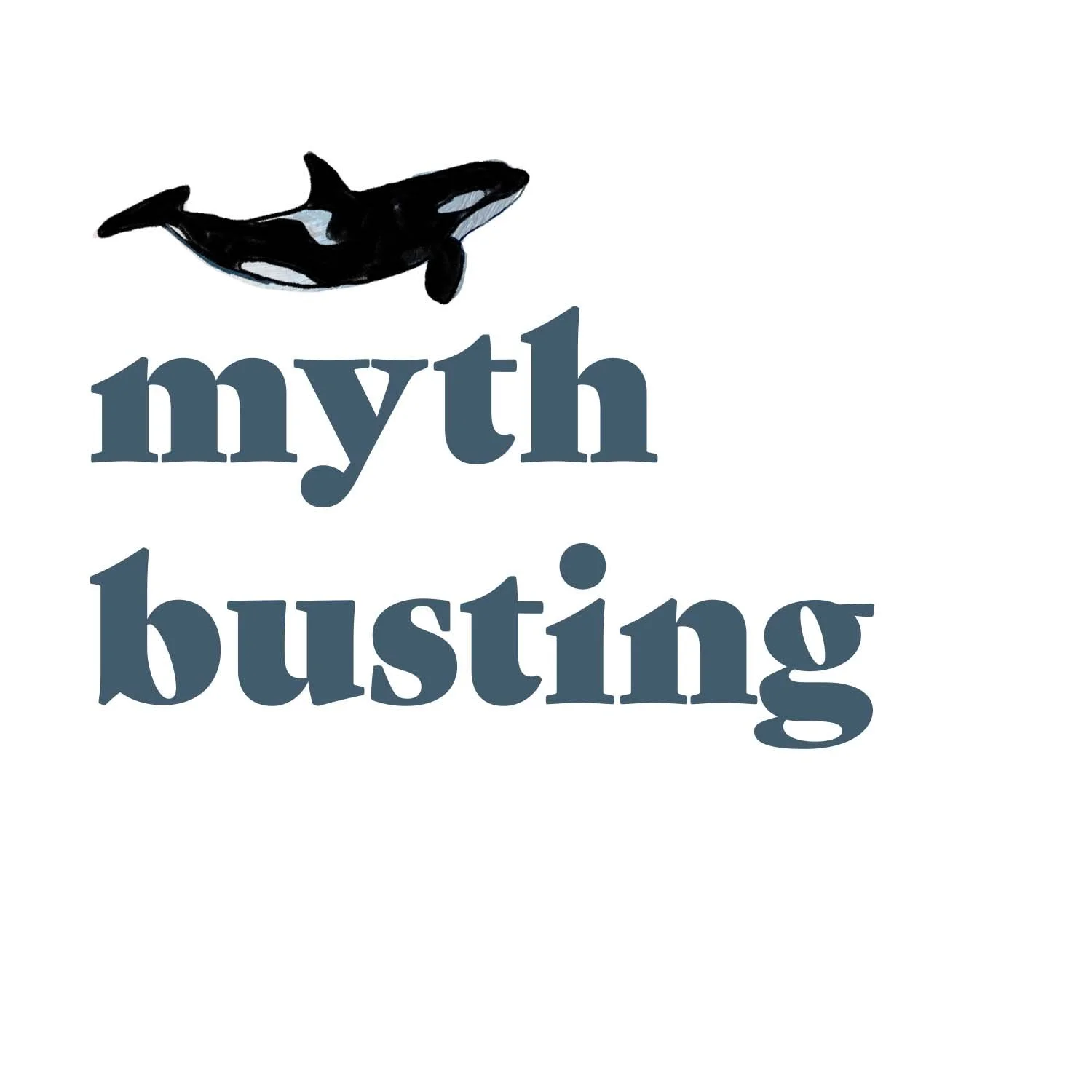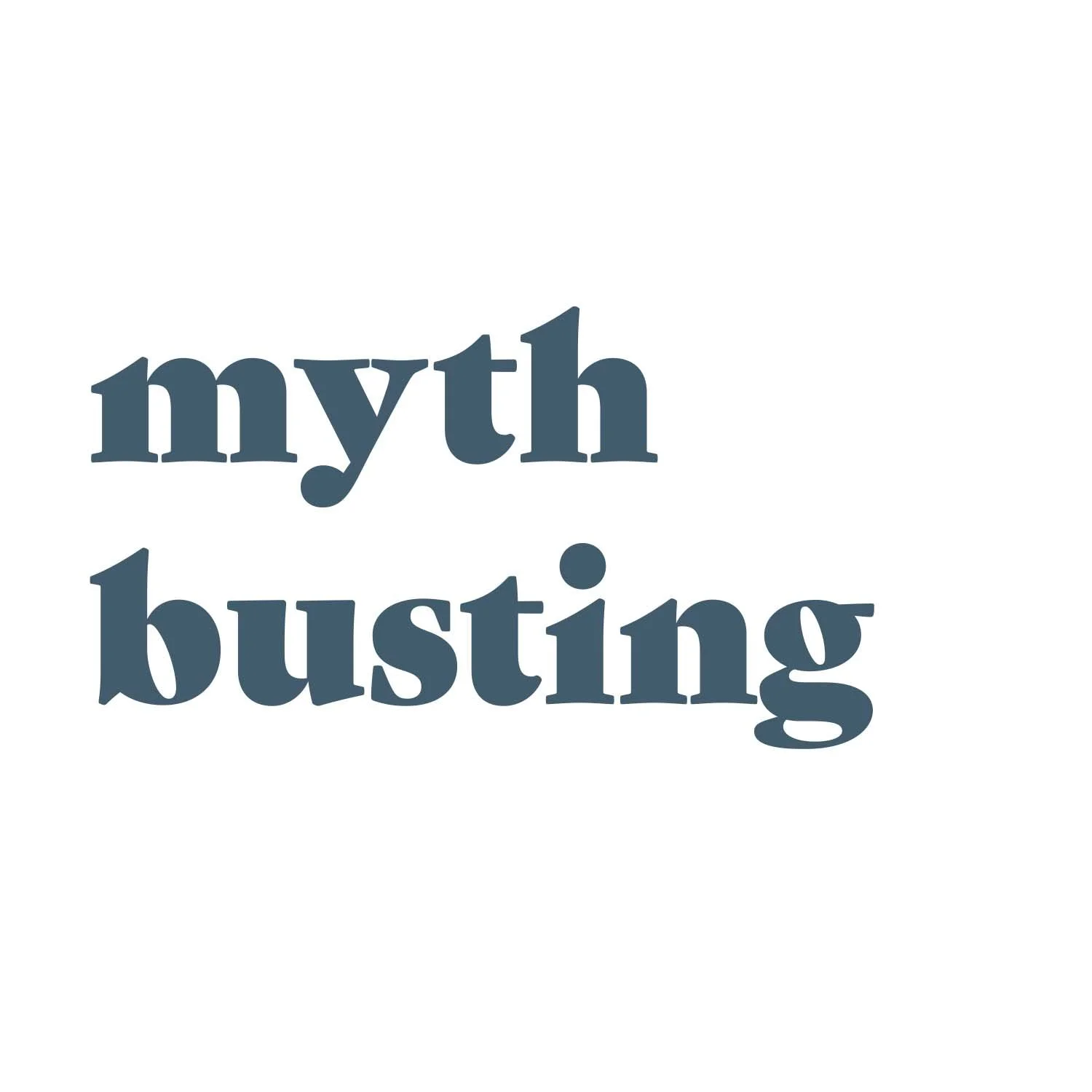B-Sides | Scripture: Romans 1:18-23
For the wrath of God is revealed from heaven against all ungodliness and wickedness of those who by their wickedness suppress the truth. For what can be known about God is plain to them, because God has shown it to them. Ever since the creation of the world his eternal power and divine nature, invisible though they are, have been understood and seen through the things he has made. So they are without excuse; for though they knew God, they did not honor him as God or give thanks to him, but they became futile in their thinking, and their senseless minds were darkened. Claiming to be wise, they became fools; and they exchanged the glory of the immortal God for images resembling a mortal human being or birds or four-footed animals or reptiles.
Questions
What?
1) How’s everyone doing? Check in with the group.
2) What was your reaction to Lucas’ stories about Salmon, Orcas, and the Elwha dam?
So What?
3) Think about a mundane task you completed this week. Now see if you can write down two or three other people, creatures, entities that your action affected.
4) Do you think anything we do happens in a vacuum? i.e. It doesn’t affect someone else?
Now What?
5) Paul emphasizes the prevalence of God’s grace, and how forgiveness is always available. So why should we care about what we do? Should we at all?
6) What sort of responsibility do we have as humans? How does grace free us up to carry out our duty?
“God designed a world in which we are all downstream. A world where it matters what we do. It matters how we love, and it matters how we care for the least of these. .”
—Rev. Lucas Jones



















